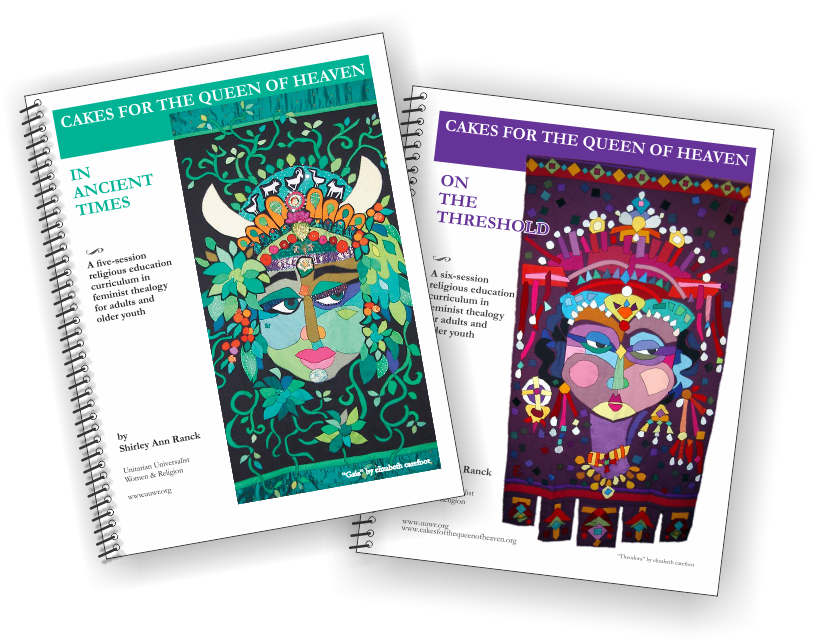 The Margaret Fuller Bicentennial Project was organized to celebrate Margaret Fuller’s life, work, and legacy during the Bicentennial anniversary of her birth in 2010. Components of the project includes: website, online community, traveling exhibit, publications, tours, and public programs in the Boston area and New York City. This website will be created to be a resource to the interested public, a communication tool for individuals and organizations participating in the Bicentennial project, and a central bulletin board for planning programs and posting event details.
The Margaret Fuller Bicentennial Project was organized to celebrate Margaret Fuller’s life, work, and legacy during the Bicentennial anniversary of her birth in 2010. Components of the project includes: website, online community, traveling exhibit, publications, tours, and public programs in the Boston area and New York City. This website will be created to be a resource to the interested public, a communication tool for individuals and organizations participating in the Bicentennial project, and a central bulletin board for planning programs and posting event details.Margaret Fuller (1810-1850) was born into a Boston-area Unitarian family. She was the only woman regularly welcomed on a long-term basis into the inner-circle of ministers and others led by Ralph Waldo Emerson in breaking away from the old forms of Unitarianism and establishing Transcendentalism. Fuller’s book Woman in the Nineteenth Century, one of the first written about women analyzing their role in society from a woman’s perspective, is permeated with the Transcendentalist values of independence, self-reliance, and social reform. What Emerson was doing for men, Fuller was doing for women.
Many scholars view Fuller as the most brilliant woman in America in the early 19th century. She certainly should be remembered as one of the earliest pioneers for women’s rights, who laid the groundwork for the women’s rights movement in the United States. Radical and controversial in her day and age, her work and life story serve as inspiration to men and women today. Her ground-breaking accomplishments include:
- First American to write a book about equality for women
- First woman war correspondent to serve under combat conditions
- First woman journalist on Horace Greeley’s New York Daily Tribune
- First woman foreign correspondent
- First woman literary critic / set literary standards
- First editor, Dial Magazine
- First to organize paid “Conversations” for women
- First woman to step foot inside Harvard College's library
Given the relevance of her work to today’s issues and concerns, the programs and materials that will be developed for the celebration will engage people in continuing the work she began—opening minds and upgrading education, helping people who lacked a public voice to think for themselves and articulate ideas that would improve their lives and communities. She encouraged people, especially women, to think independently and express their thoughts clearly; to defend their convictions with courage; to learn through dialogue and the free exchange of opinions; to believe in the equality of all people; and to be open to change.
We envision this as a three-year project:
1. In 2009 we will plan programs and develop materials for the Bicentennial year. Types of programs include:
a. Website and online community
b. Public programs in the Boston-area and New York
i. lectures and panel discussions
ii. plays and readings
iii. educational “conversations” for different groups, patterned after the ones Margaret led)
c. Traveling exhibit
d. “In the Footsteps of Margaret Fuller” walking and driving tours of sites important in her life—in New York City, Boston-Cambridge-Concord, MA, and Italy!
e. Religious education and worship materials for use in UU congregations
f. Children’s books
2. In 2010 we will celebrate the Bicentennial Year, incorporating all of the above materials and programs. We will also document the activities and programs, gathering texts of presentations for publication and recording events on video.
3. In 2011 we will edit the documentation and develop one or more publications and videos.



